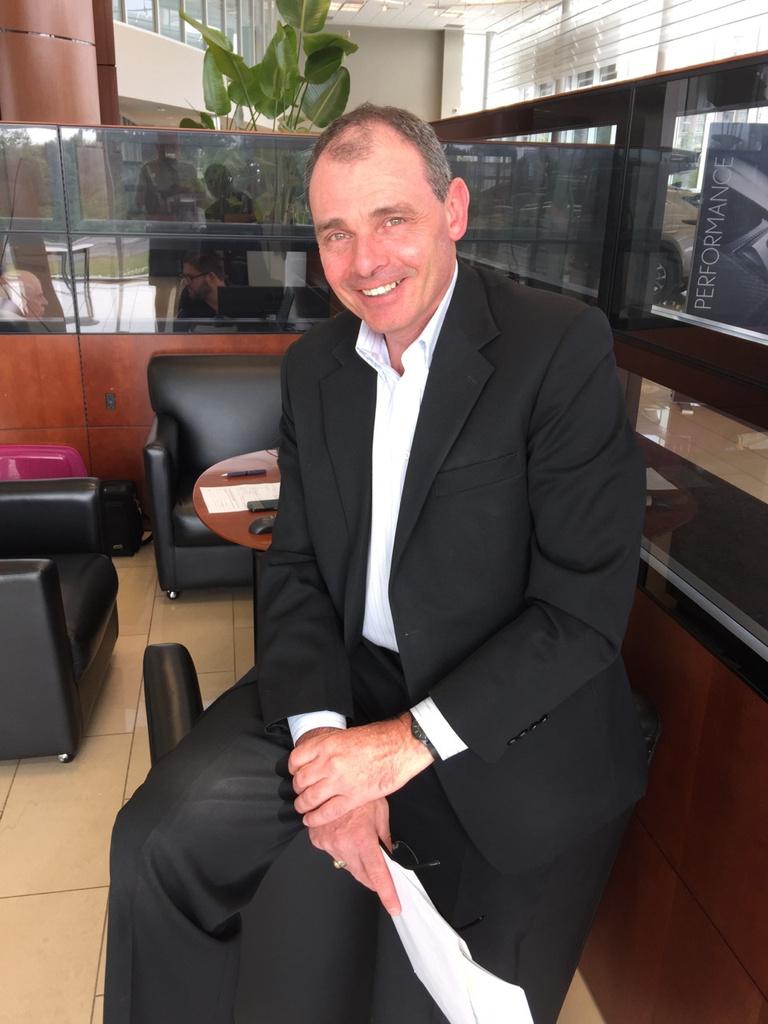
6 minute read
What is advocacy? Helping yourself and others continued.
The lesson I learned here is to have an open dialogue with your doctors and if you are not satisfied with the answers to your questions, express this concern, and your desire to get better and have a better quality of life. If the answers are not there, seek other help. In my case, after I alerted my doctor of the diagnosis and where it had been made, I was told bluntly that if I wanted my medical care to come from the chiropractic college, I should see another GP. I took that advice. So, a new journey begins that will take me to the depths of despair for help, to the gentle caring helping hands of care givers who shared with me the responsibility to improve my health and to offer guidance when needed.
I now have the proper diagnosis, a new family doctor and have been referred to a rheumatologist, who now can offer a treatment strategy. The prescribed treatment at that time were NSAID’s, non steroid anti-inflammatory medications and there were a few available, with a variety of dosages available depending on the extent of the condition.
I am now in my early twenties, I am in university in Montreal and taking regular dosage of antiinflammatory medications, and when I am back in Toronto, I regularly visit my rheumatologist. Feeling pretty good on most days, a normal life resumes with the odd inflammatory flare up and some resulting pain and discomfort. Not perfect, but livable.
There are recurring advocacy themes that are also present at this time - family support and encouragement, seeking and taking advantage of the best technology/treatment available at any given time, maintaining a good relationship with your doctors by seeing them regularly and following the prescribed treatment. This is where I begin realizing that advocating for yourself also means taking responsibility for your health and making regular visits to your doctor so that they know how you are doing.
Several years later, I am now in my late twenties and on most days, there is discomfort, but somewhat manageable. But I recall a moment when I am out playing golf with some friends, I had to leave the course due to severe pain. There is no relief over the next few days and so I visit my family doctor to explain this and to say that it is becoming more and more difficult to live a normal life, be it full time work, or even just a restful sleep. He decides to refer me to the Canadian Arthritis Society, who provide instructional classes on my type of arthritis, and provide me with support for my condition. There are moments in your life that years later, you recognize were life changing, but at the time you do not understand their significance. This was one of those moments.
What is advocacy? Helping yourself and others continued.

The Canadian Arthritis Society has as part of its many roles a patient advocacy group, and at the time I did not know this type of support was available to patients, but my GP knew and encouraged me to seek this support. So, I joined a group of patients and in these classes I was educated on my condition. Furthermore, I am referred to a physiotherapist, a psychologist, occupational therapist as well as a registered nurse. The physiotherapist teaches me exercises to do to alleviate the pain, the psychologist helps to explain that living with pain is difficult, and to understand this and to accept it and to help me understand that there are professionals who want to help me. The occupational therapist advises me to seek work in a field that allows me to move around a lot and be sedentary and the nurse refers me to a rheumatologist who has extensive experience with my condition of ankylosing spondylitis.

The meetings and education I had received through the Canadian Arthritis Society lay the foundation for what would become a template on my strategy and on my ability to manage my condition; both at that time and today. I cannot overstate the importance of having this advocacy group providing me with the education to learn more about my condition, their guidance though a complex medical system and the support I never knew existed or was available. I wanted answers to why I was in so much pain and what could be done. I had to advocate for myself. My GP did not have all the answers, but he said these people may. And they did! They advocated for me and sent me on my way to improve care and to help me live better each day.
It's now taken me almost 20 years, through trial and error, happenchance, and good decisions, but I am surrounded by a health care team that has the expertise, accessibility, and reliability to care for me. I am encouraged and see some very positive signs in my condition from new treatments that are now available. I see a specialist three times a year, my condition is closely monitored, and my condition is assessed to see of any progression, which unfortunately can not be stopped. But during these visits, I am also informed of other possible health conditions associated with "AS" and to look out for possible tell-tale signs. A few years after my initial diagnosis I was showing signs of inflammatory bowel disease, a related condition to those with Ankylosing Spondylitis and I was referred to a gastroenterologist where I was diagnosed with Chron’s Disease and required immediate surgery.
Without a proper team in place who had educated me on my condition, this diagnosis may not have been made early and could have led to more complications. So, the results of the advocacy team that had counseled me and helped me build a medical support group, I was able to deal with a condition early and with great results.
What is advocacy? Helping yourself and others continued.
Today, I have two specialists on my health care team who work in conjunction with each other to ensure that my conditions are well managed. New medications are now available, biologics, which help re balance my immune system and both of my conditions have greatly improved, to a point where both doctors believe that I am in remission.


It has been a long road from a 12-year-old boy having difficulty walking, to where I am today, being surrounded by a great team of physicians. But it all started when I asked for help at a time when I was in great pain and never stopped seeking answers. I, and my parents, advocated for me because I thought there had to be better answers and solutions, I sought the proper help, and was guided by knowledgeable and caring health practitioners and through time and perseverance, have found a way to live a fuller life, free of pain most of the time. I also became more grateful that I was able to have the help available. When I was asked by my rheumatologist, who thought at the University of Toronto medical school, if I would volunteer to be a patient during one of her classes where she taught students on AS, I did not hesitate. It allowed me to give back to her and to help raise awareness of the condition, in the hope that maybe someday, these second-year med students could recognize this condition in one of their patients and act earlier, an experience I wish I had.
Both my brothers were diagnosed with "AS" and I became their advocate and helped them in each of their own journey's.
I always remind myself of a conversation I had with my gastroenterologist. He had written a reference letter to a cardiologist who I was to go see. At the time, there was early evidence that people with inflammatory conditions such as mine were prone to certain heart conditions, so I wanted to investigate this. In his letter to his colleague, he was very complimentary of me. Curious, I asked, why the kind words in your letter? And his answer, “we like you around here” to which I answered why? His answer: “because when we tell you to do something and you do it and you get better and if not, we figure something else out” And in my naïve self I said, well doesn’t everybody? To which he resoundingly said NO.
Again, one of those "Ah ha" moments. It all became clear to me at that moment that yes, I had advocated for myself for 30 plus years. I had asked for answers and sought remedies. But just as importantly, I had followed the doctor’s advice, asked questions, and had an open dialogue with my physicians and have gotten better. Medicine isn’t perfect and it has its limits, but being at the edge of those limits brings opportunities for relief, and with time, technology and treatments also improve leading to improvements in your conditions. It did for me.
At the end of the day, we all have our ailments, some more life threatening than others, but if we are willing to ask the questions, seek help, surround ourselves with caring friends and follow our doctors’ orders, we will have better quality of life. And maybe, one day, the knowledge that you gain from your journey can be shared with someone in need who can use some help in their journey. And isn’t this what advocacy is - helping yourself and others.
The world needs more advocates. I encourage you to "Be one"!








